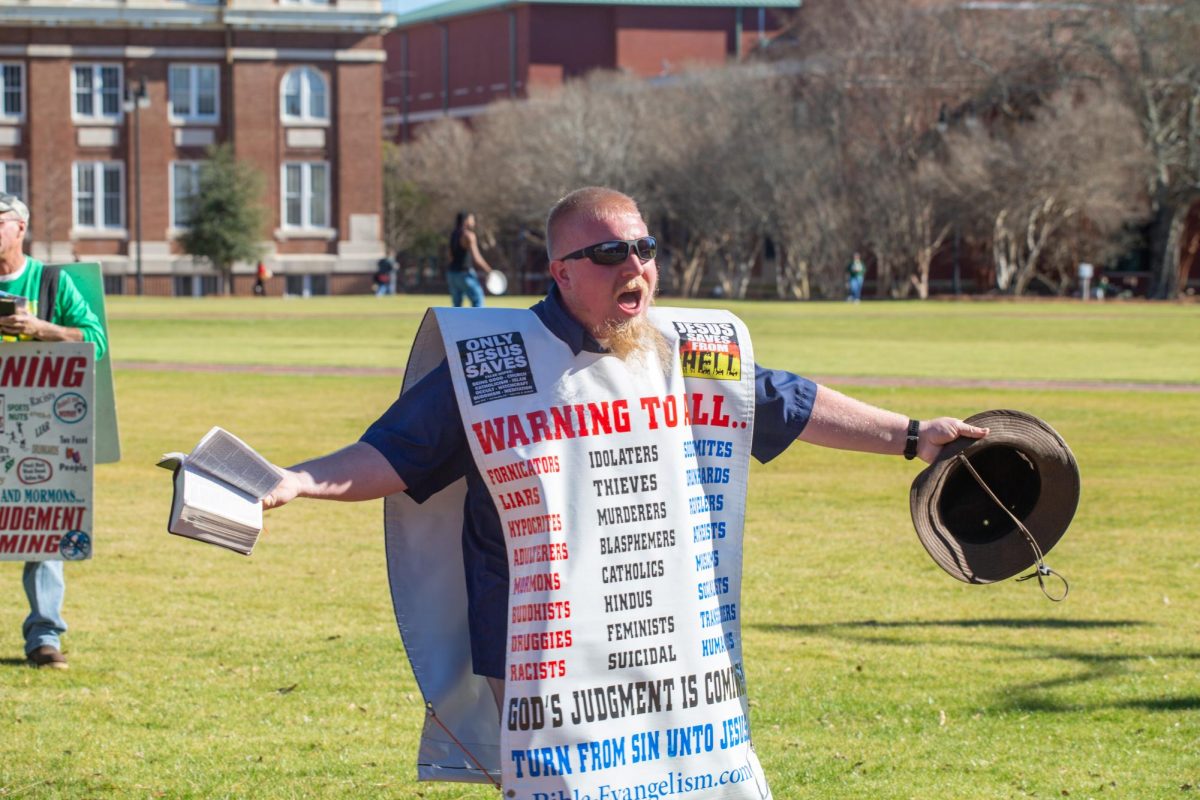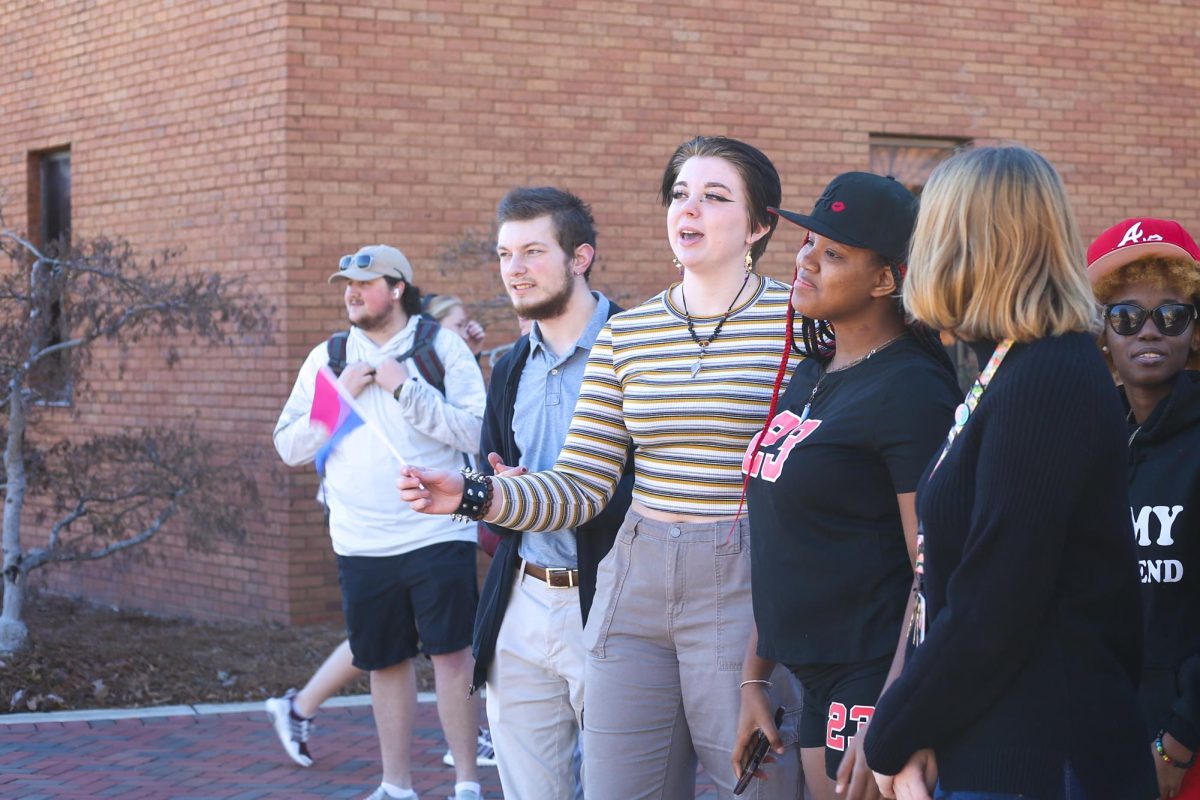As someone who called the state of Indiana home for the better part of eight years, I was deeply saddened and disappointed to learn of the passing of Senate Bill 101 a couple of weeks ago. For those who are not aware of the new law that has gone into effect and the controversy surrounding it, I’ll summarize it briefly. Basically, the new law was signed into action by Governor Mike Pence to lessen the burden on individuals in the state from being limited in their ability to exercise their right of openly practicing their religion. In effect, the bill protects business owners who do not want to provide services for same-sex couples and many citizens across the country are up in arms about the potential channels it could take in contributing to discriminatory practices lobbied mainly toward gays as well as lesbians.
While many want to use the excuse of 19 other states having similar legislature in place, there is a major problem with this bill: Indiana’s new law is far more encompassing than any like it ever passed. Unlike similar predecessors before it — Indiana’s law contains specific language within it that cannot be found within the Religious Freedom Restoration Acts (RFRAs) of the other 19 states or the federal one passed in 1993. The bill specifically says: “A person whose exercise of religion has been substantially burdened, or is likely to be substantially burdened, by a violation of this chapter may assert the violation or impending violation as a claim or defense in a judicial or administrative proceeding, regardless of whether the state or any other governmental entity is a party to the proceeding.”
What this means is the new Indiana statute recognizes a pro-profit corporation has “free exercise” rights such as those possessed by individuals or churches. When you couple this with the fact that the LGBT community is not a protected class in the state of Indiana, the possibility for discrimination towards the LGBT community becomes a very real possibility.
Even with the new changes made to the law over the past week, the only thing really different revolves around the fact that eleven communities in the state that already have anti-discriminatory protections for gays and lesbians, including Indianapolis and Bloomington, would be safe havens for the LGBT community. However, the rest of the cities in the state would still possess language that still doesn’t expressly prohibit discrimination against gays and lesbians. Making the LGBT community a protected class would change things entirely.
With all of this being said, I believe Indiana is at serious risk of jeopardizing everything the state has worked so hard for over 50 years. This is a state that has become a hotbed for hosting major conventions as well as the lithe of big time sporting events including but not limited to the Super Bowl a couple of years ago. There has already been a plethora of major acts and conventions that have pulled their business from the state, such as the band Wilco. Organizers of Gen Con, which has been called the largest gaming convention in the country, are also considering eliminating Indianapolis as its go-to location.
The potential economic loss from losing a high profile event like the Final Four could be highly damaging to the state. NCAA President Mike Emmert that he and his organization were disappointed with the passing of the law and plan on keeping a watch over how matters play out going forward. In other words, it’s entirely possible this new law could cost them a chance at ever hosting a Final Four again — which is sad Indianapolis is ranked third for hosting the event the most since 1939.
The saddest reality of all may come from the understanding that this new law will shape people’s perception of the state as a whole. Will people immediately associate discrimination with the Hoosier State, months or even years from now? It’s possible, which is a shame for all of the highly tolerant individuals that call the great state of Indiana home.
In a perfect world, this law would never have been passed. In a perfect world, a law like this would never even seemed necessary. In a perfect world, discrimination would no longer exist and, if that were true, Indiana wouldn’t have ever risked their future. Unfortunately, like we all learn at some point, life isn’t fair sometimes and people in Indiana are learning that lesson the hard way.









